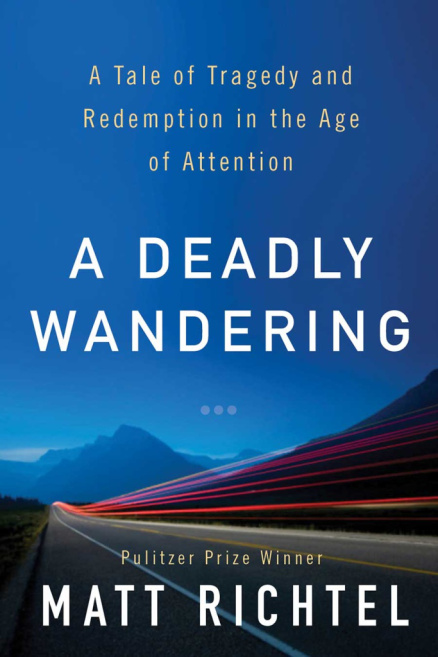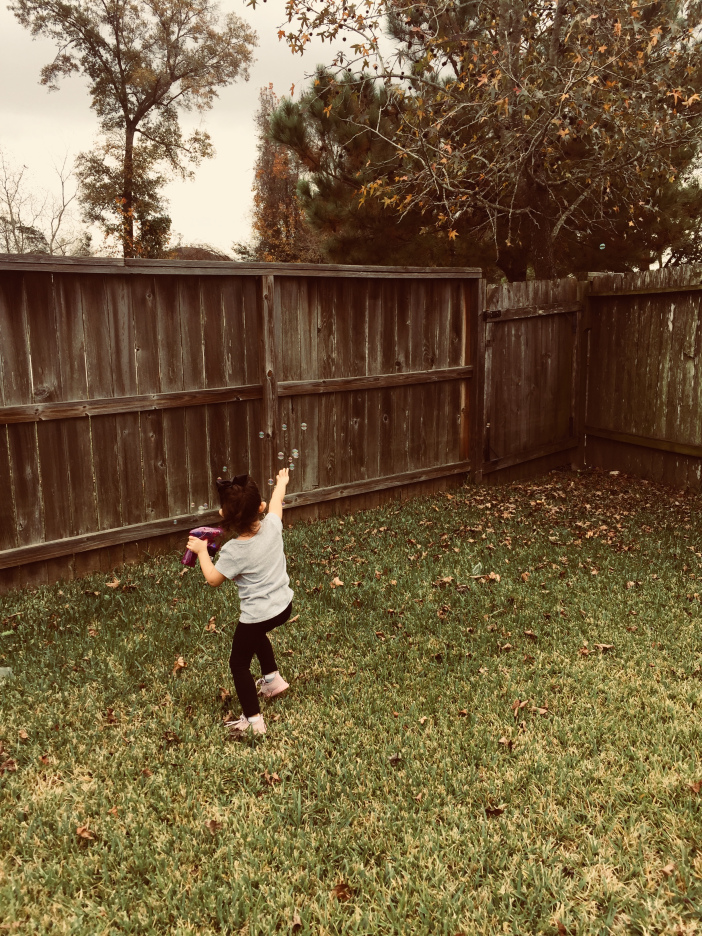
“A Deadly Wandering” by Matt Richtel rang important for many reasons, many of which are covered under the umbrella topic of the relative importance of technology, and its’ relationship to us. The usage of technology as an extension of ourselves is mirroring the concept of the “digital me,” in which we find ourselves to be more important than tasks at hand (in this case, driving). Connecting to the ideas that we are utterly addicted to our mobile devices, this particular case highlights the importance and the hard facts that being so distracted by that pull our devices have, can lead to harm of either ourselves or someone else. Clearly, texting and driving can lead to horrible things, though the distraction that this accessibility to technology is a stronger force that we must fight, according to Richtel.
Truthfully, I did not find “A Deadly Wandering” to be particularly good, nor very interesting. All too often I would find myself begging for a break, only to push myself forward for the sake of this review and in hopes attending a lecture held by Richtel himself. The utilization of statistics and facts in connection to the novel-like telling of the tragic accident, gives the audience an interesting take on, arguable, a very known topic. However, I found that in between chapters, filler chapters if you will, get in the way of the truest intent which the author is trying to argue. For instance, going chapter by chapter and individual by individual, was a refreshing view as to not leave the audience in a weird grey area as to the individuals involved with the case Richtel was studying. Though, because of this, I often found myself learning about these new supposed characters, learning yet another back story that, yes, is interesting, however ends up muddying the clarity of the plot.
I did listen to “A Deadly Wandering” rather than sit down and read it. Naturally, I would prefer to sit down, read the book cover to cover, and go from there. However, almost for a personal experiment, I sought to listen to the audio version and see whether or not I could maintain full attention to the piece. It was a challenge to say the least. Along with me not being all too fond already, I would see myself listening to the words but not caring in the slightest. It was as if those side-characters’ chapters which I previously mentioned became an easy excuse to find myself wandering from what I had made the choice to pay attention to solely. Now, maybe this allowed for myself to see what it is that Richtel was truly trying to convey? Was I, because of my choice to multi-task rather than to focus on one idea at a time, proving exactly what the book I grew to ignore was arguing? Most likely. Though, luckily, not in the same life or death scenario. Quite likely, I will continue to meander about and multi task throughout my day, but I find myself more aware of it and utilize that when I see myself distracting myself with technology.
Advertisements Share this:




